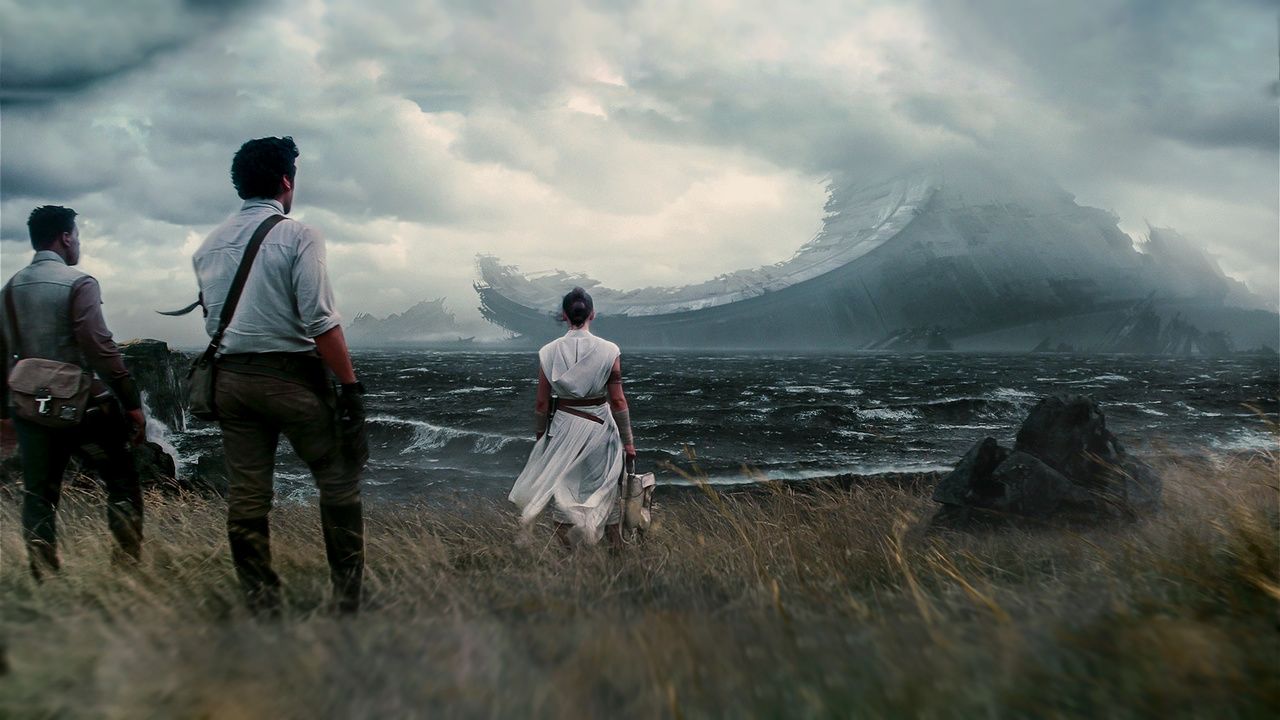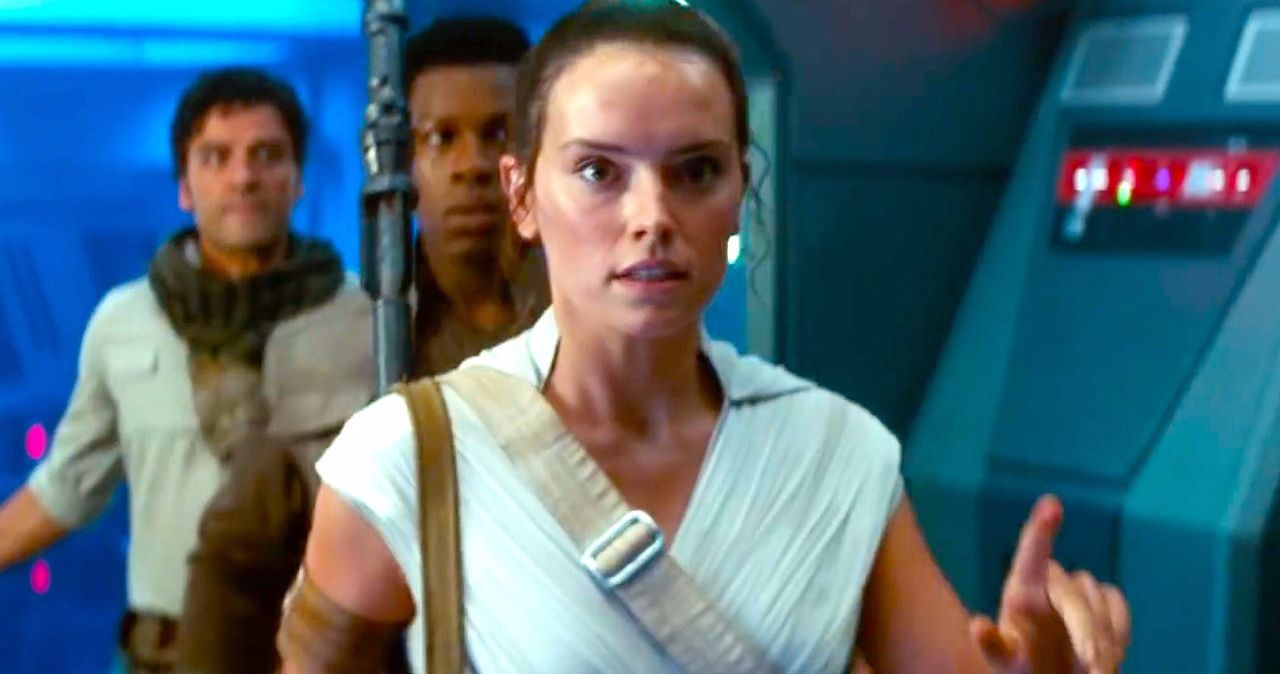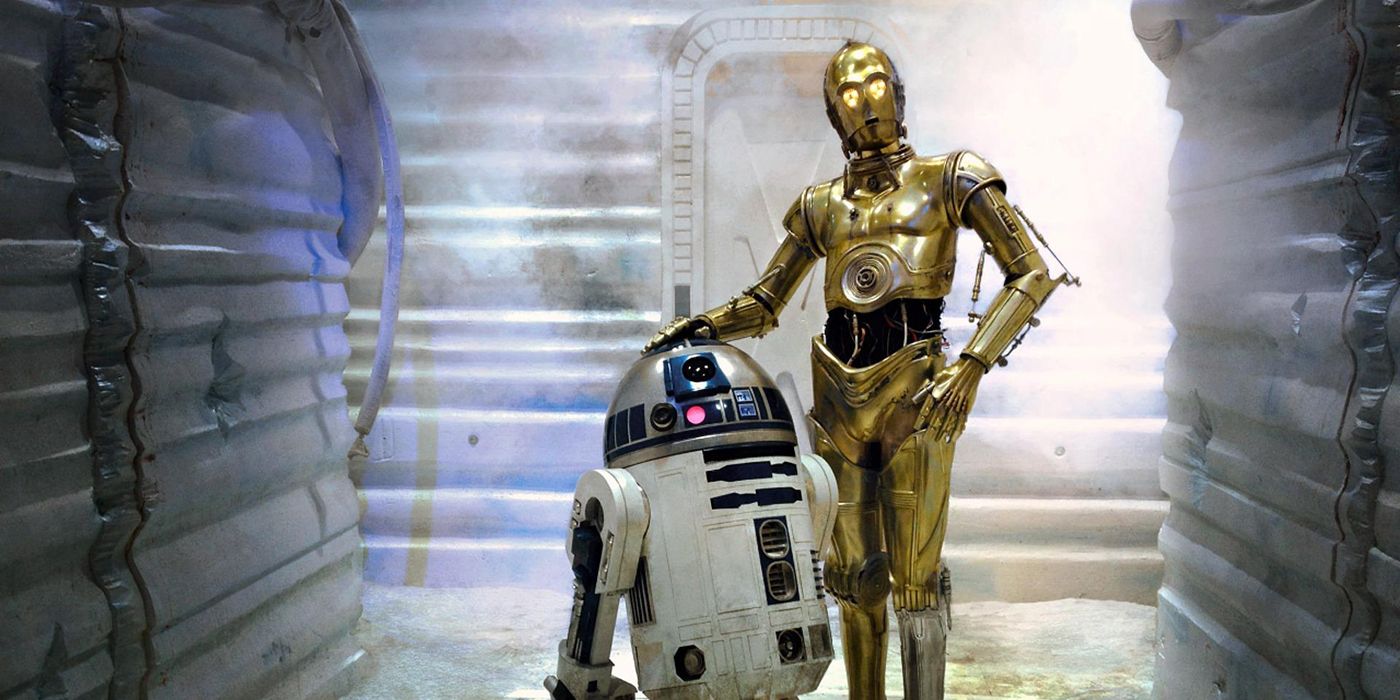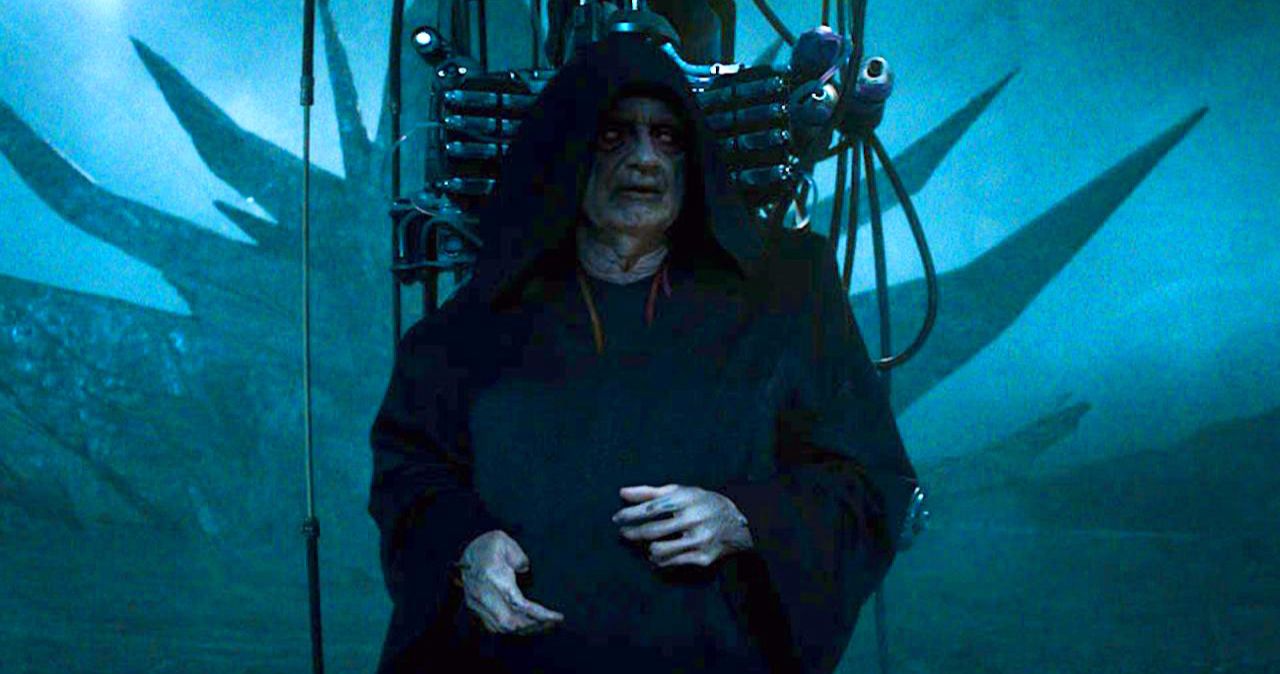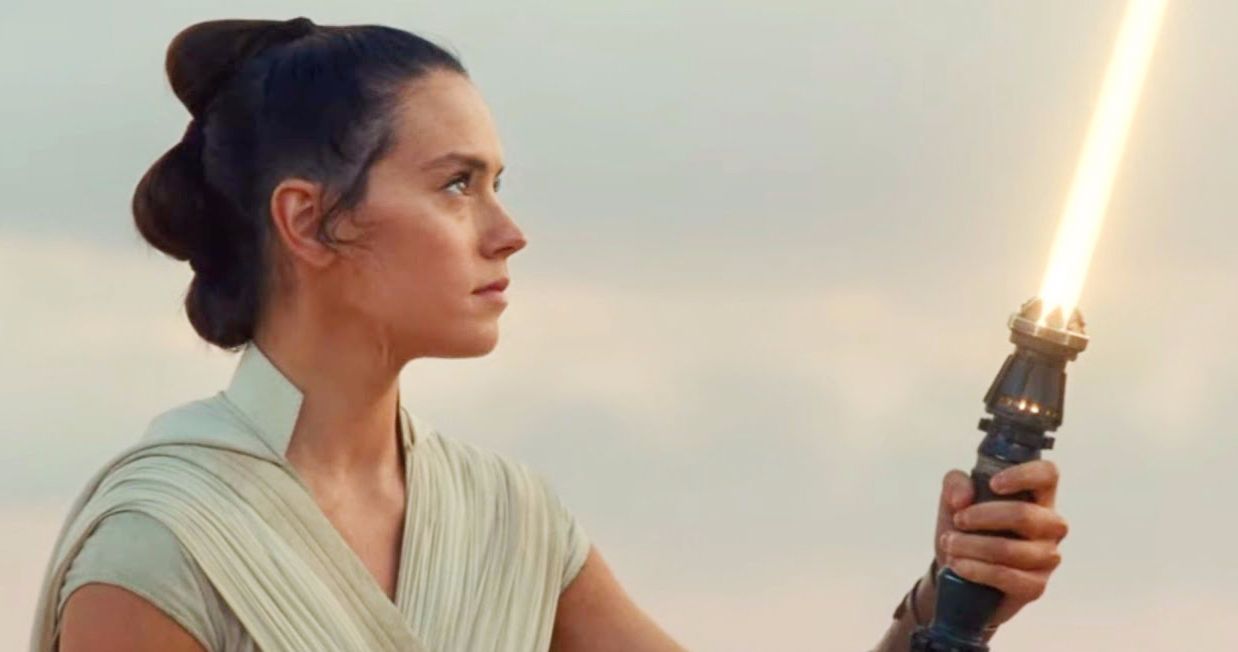Star Wars: The Rise of Skywalker was a massive moment in Star Wars movie history, as it marked the end of the incredibly successful sequel trilogy that began in 2015 with The Force Awakens and continued with 2017's The Last Jedi. The Star Wars movie was also built up as the end of the Skywalker Saga, concluding the story of both the prequel and original trilogy to effectively end a trilogy of trilogies. With how successful the franchise has been through history, anticipation was high.
Star Wars: The Rise of Skywalker was a mixed result for many, as the movie scored a 52% on Rotten Tomatoes and is one of the few Star Wars movies with a 'Rotten' rating from the amalgam of critics. Despite grossing $1 billion worldwide, it was less successful than its two predecessors, and many felt that Rise of Skywalker was a low point for the Star Wars movies. Currently, the franchise has taken a break from the big screen, choosing to expand the universe in streaming series for Disney+ and in comics and novels.
There are a number of factors as to why Star Wars: The Rise of Skywalker was a disappointment, with a combination of original star Carrie Fisher passing away before the movie and making them rework the entire script, as well as original director Colin Trevorrow departing the project with J.J Abrams coming aboard in what would be the shortest pre-production and development period for any Star Wars movie in the franchise. While there are many aspects about The Rise of Skywalker that don't work, there are also plenty of elements that do manage to tell and make for a satisfying Star Wars experience. Here are some of the elements that do and don't work about Star Wars: The Rise of the Skywalker.
Does Not Work: Fumbling Character Arcs
One of the most frustrating aspects of Star Wars: The Rise of Skywalker is how it sort of awkwardly fumbles the main characters' arcs, which had become fan favorites the world over after their introductory film. Finn's position as a former Stormtrooper who could potentially lead to a Stormtrooper rebellion is left completely abandoned. Poe Dameron is saddled with a drug smuggler backstory which seems tacked on and not in line with the previous two films' 'loyal war hero' background. Kylo Ren is positioned as the new central villain following The Last Jedi, and he is quickly sidelined for the Emperor and his redemption comes so late in the film, audiences don't get a chance to see what type of person Ben Solo was.
Rose Tico is barely in the film, which is a shame given the character's unexplored dynamics with Rey and Poe. Finally, Rey, who (after the revolutionary twist of being revealed as a nobody who had to find their place in the story) is retroactively tied to Palpatine, which seems tacked on and like a twist on top of a twist that feels like the filmmakers were trying to give an explanation for Rey's force abilities when one isn't really needed. Where the character paths seemed pretty clearly laid out, Rise of Skywalker makes an awkwardly swift pivot that is a disservice to everyone.
Does Work: Key Character Moments
While many of the character arcs are disappointing, the film is filled with several key moments of characterization that are some of the best in the series, as well as showing Abrams' ability to direct effective moments, even when they don't add up together to form a stronger whole. Arguably the biggest moment is with C3PO, who has mainly been a comedic side character through the saga and had been almost nonexistent in the sequel trilogy. Star Was: The Rise of Skywalker gives C3PO a heroic moment when Rey asks the droid, "what do you think?" This is the first time in the saga anyone has actually asked C3PO something instead of just talking over him. Regardless of him getting his memories back at the end of the film, C3PO makes a choice not knowing if he is coming back, and does the right thing to save the galaxy, making him as much a hero as any other member of the Rebel Alliance (even if a lot of his scenes were eventually cut).
This extends to the final moment, where the galaxy fights back against the might of the First Order. While not the grand heroic moment that the portals' scene in Avengers: Endgame is, the movie continues the plot thread from The Last Jedi about how greatness can come from anywhere. It isn't a grand army that comes to save the day, but people from all over the galaxy using whatever ships they have. In contrast to the First Order who had to steal children to fight their war, the heroes all have volunteers to assist the battle. Darkness rises, but the light has come to meet it.
Does Not Work: Relying Too Much On The Past
Since the film was pitched as the final chapter of the Skywalker Saga, wrapping up two separate trilogies, it often feels like Star Wars: The Rise of Skywalker tries to bring too many elements back for the sake of making it feel more connected, despite being a disservice to the actual film and the previous two entries. Nowhere is this problem more emblematic than the return of Emperor Palpatine. On paper, the idea to bring back the main villain of the original six Star Wars movies would further tie the sequel trilogy together and make it appear as one larger plan; however, the actual return is so poorly handled, going largely unexplained in the actual movie.
The decision to bring back Palpatine undermines Kylo Ren, the main villain the previous two films have been building to in favor of putting him back to where he was at the beginning of The Last Jedi. It also means trying to justify the return by attaching him to the characterization of Rey, a development that comes so late in the trilogy that it isn't given the proper time to develop and also undermines the character's status that was previously set up. In an attempt to be a celebration of all things Star Wars, The Rise of Skywalker instead felt like a franchise that was afraid to move on.
Does Work: An Overarching Theme For The Sequel Trilogy
The sequel trilogy famously did not have a plan, which many have attributed to the film's failure even though the entire Star Wars franchise has changed course since The Empire Strikes Back. While Star Wars: The Rise of Skywalker may ditch certain plot points laid out, when combined with the previous two films it does create a larger overarching narrative theme throughout the trilogy, tackling the idea of legacy. All the main characters throughout the sequel trilogy come to realizations that they do not have to be who everyone told them they had to be. This is mainly highlighted by the character of Rey, and while the Palpatine revelation does take away from her nobody status from the previous film, it does so in a way which allows Rey to reject the very notion of her bloodline defining her.
She is confronted with her worst fear, that she was born of evil, and comes to the realization that she can forge her own destiny regardless of where she came from. She rejects her blood lineage, creates her own path, and adopts a new name of her own choosing to create an identity that is 100% of her own agency. This theme shows a Star Wars movie that is reflective of the 21st-century world it was created in, as much as the original trilogy was a reaction to the Vietnam War and the prequels became an allegory for the War on Terror. Star Wars: The Rise of Skywalker may not be the perfect ending everybody wanted for the franchise, but like the prequels, time will be the deciding factor, and possibly a new generation of kids who saw this film will appreciate it in a new light.

